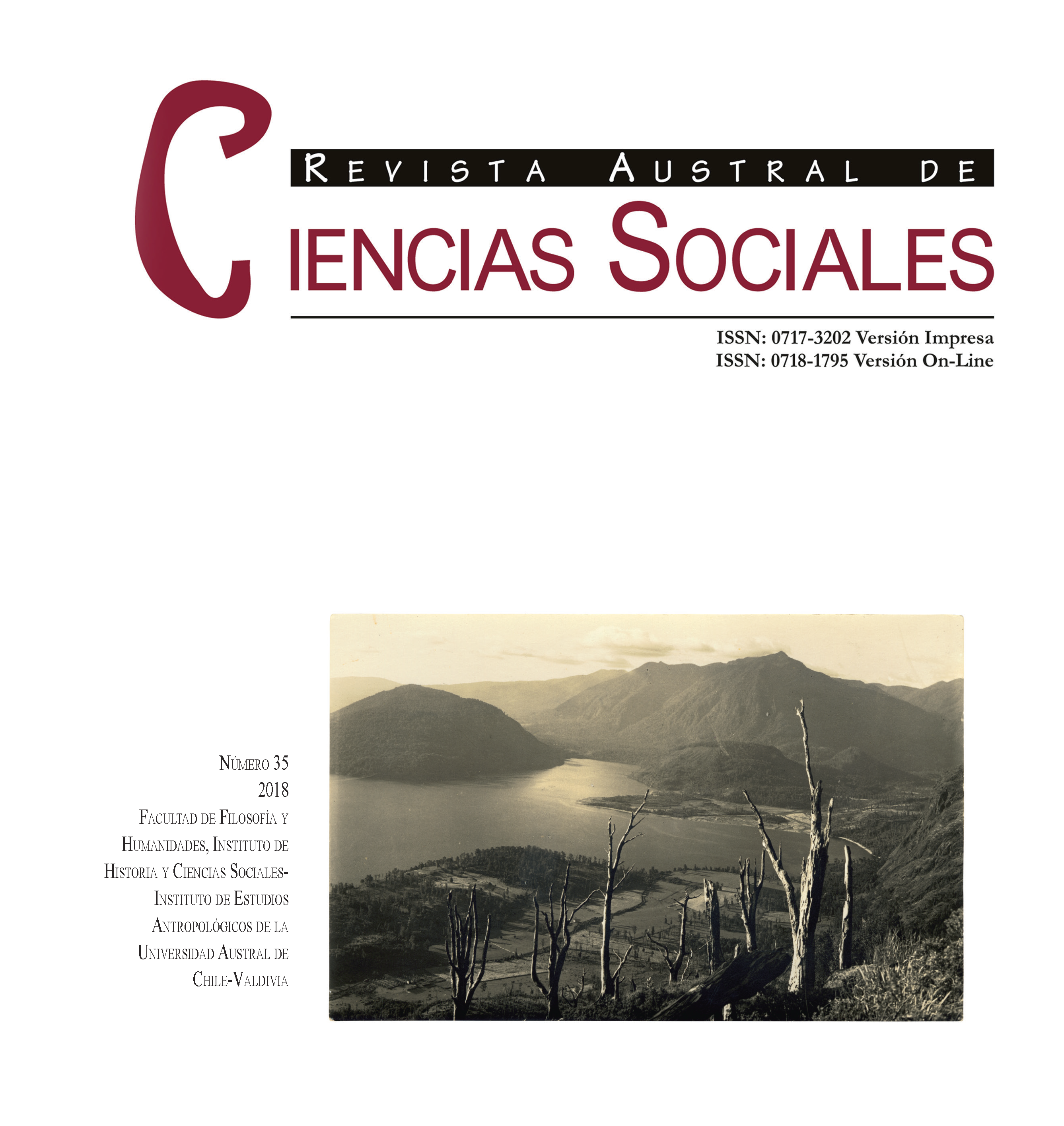Rurality, conservation and territorial justice. Unequal legitimacies in Chilean Northern Patagonia
Main Article Content
Abstract
In this article, we propose and discuss that the refreshing notoriety that the Patagonia has reached in the last three decades is associated with the new places of enunciation that describe it in what it contains and can project. Our thesis is that a radical difference between price and value is installed on the part of environmental conservationists. This difference allows transmitting symbolically and with great force an anti-developmental spatial and territorial figure, which is lodged internationally as meaning and awareness of the symbolic value of ecosystems and the position of humans and other beings in the preservation of life. However, this expansive "green option" or "eco key" also operates as a limitation of opportunities, litigating with the traditional livestock memory that requires large areas for the reproduction of family units, which are unable to access basic resources such as the grasslands and the forest. In this way, the survival of traditional rurality is strongly questioned due to the loss of sovereignty caused by the intrusion of diverse and contradictory territorial imaginaries and the general policies of the neoliberal State and local governments, configuring a new territorial map in permanent tension.

